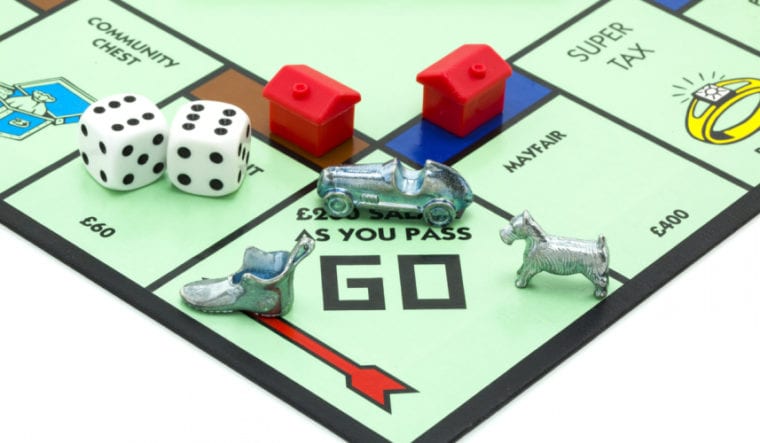Leaders of golf clubs throughout the world are all wrestling with the same question: “What should we do in response to the impact of COVID-19?” The answer is simple, but it calls for some contemplation:
“Don’t panic. Resist the urge to act impulsively and commit to taking a strategic approach to decision-making.”
I have the good fortune to work closely with Ray Cronin, the Founder and Chief Innovator of Club Benchmarking.
Our company helps club leaders elevate fact over opinion, resulting in healthier clubs, more empowered general managers and boards that are properly equipped to focus on strategic issues.
In response to the coronavirus crisis, Ray authored a whitepaper called “The Framework for a Strategic Response to COVID-19” that is a must-read for all private club leaders.
The paper is comprehensive and thorough in its approach to leading private clubs through a period of severe disruption, and the following are several key takeaways for club leaders:
- The impact of COVID-19 is AN issue for private clubs, but not THE issue.
- The remainder of 2020 should be viewed in three time periods:
- Phase 1 – Today to April 30
- Phase 2 – May 1 to June 30
- Phase 3 – July 1 to December 31

The following questions should be addressed during each phase:
- Phase 1 Questions: How long has the club been shut down or severely restricted in operations? Do we continue to pay the staff during the shutdown? What is the financial impact directly related to the operational shutdown?
- Phase 2 Questions: Has the lockdown ended? Is the club reopened? What are the trends in members joining or resigning? What is happening in the stock market?
- Phase 3 Questions: Do we have a compelling member experience driving a strong membership engine? Do we understand and embrace financial best practices? Are we aggregating the capital necessary to meet future needs? Have we embraced data-driven leadership? Do we have a culture of members as owners or as customers?

Club leaders are urged not to make decisions that have long-term, strategic consequences based on short-term trends and while under stress.
Leaders are also asked to resist the urge to dismantle 2020 operating and capital plans while the lockdown is underway.
Instead, the whitepaper counsels leaders to exhibit patience by allowing the short-term effects of the crisis to play out.
Wait until more clarity exists before making any decisions that may change the long-term trajectory of the club.
Coronavirus crisis vs 2007-08 financial crisis
During the 2007-08 financial crisis, in the absence of reliable industry data, many club leaders made reactive decisions that negatively impacted the club for years to come.
Examples of this included the elimination (or substantial reduction) of initiation fees, reduction of monthly dues and elimination of capital dues.
Many clubs still haven’t recovered from those decisions. Today, 25% of clubs in North America are under severe financial distress. Another 50% are either going sideways or growing marginally and 25% of clubs are doing very well and growing purposefully.
The clubs that are doing well are those that took a thoughtful, strategic approach to decision-making during and after the last economic crisis.
While we don’t yet know the full impact this virus will have on the golf industry, we can take action now and during the balance of 2020 to position clubs to both endure, evolve and emerge stronger as a result.
Steve Mona may be reached at smona@clubbenchmarking.com
